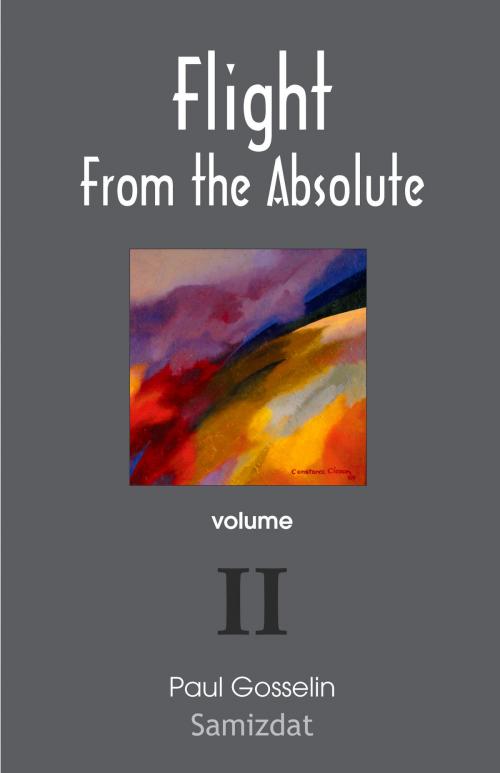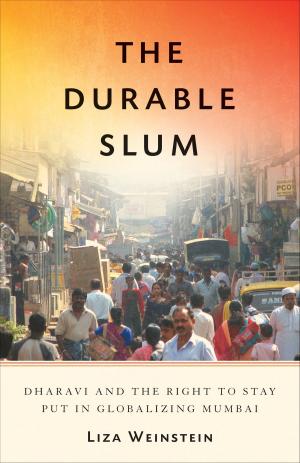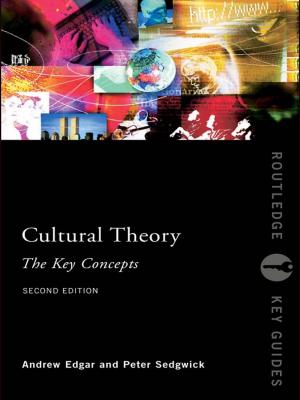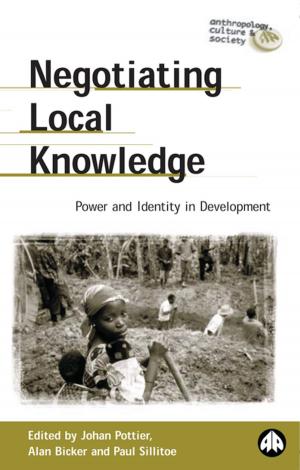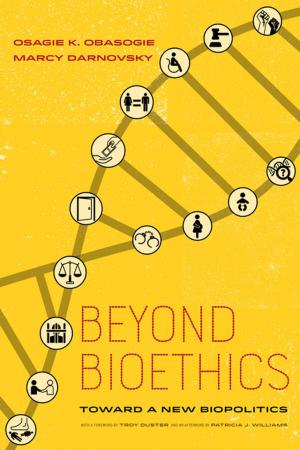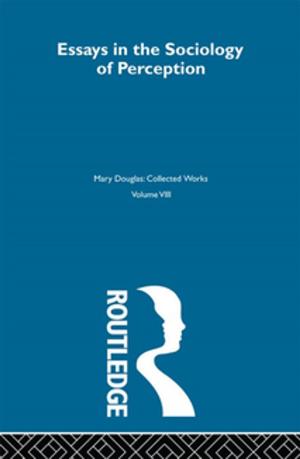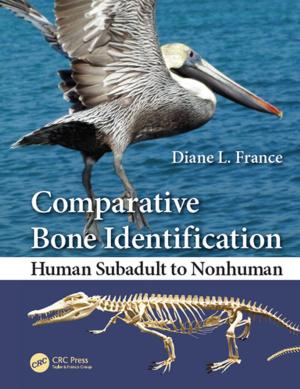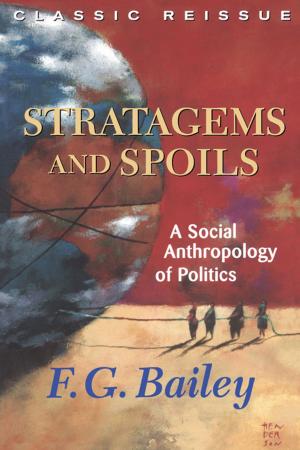Flight From the Absolute: Cynical Observations on the Postmodern West. volume 2
Nonfiction, Science & Nature, Science, Biological Sciences, Evolution, Social & Cultural Studies, Social Science, Anthropology| Author: | Paul Gosselin | ISBN: | 9782980777462 |
| Publisher: | Paul Gosselin | Publication: | January 10, 2014 |
| Imprint: | Smashwords Edition | Language: | English |
| Author: | Paul Gosselin |
| ISBN: | 9782980777462 |
| Publisher: | Paul Gosselin |
| Publication: | January 10, 2014 |
| Imprint: | Smashwords Edition |
| Language: | English |
Sometimes a small change in the way we define a basic term can have major repercussions on the way we look at the world. What happens, for example, when you change the way you look at concepts such as “religion” or “myth”? How might this affect the way we look at forces shaping the modern and postmodern West? Does religion always involve belief in the “supernatural”? What if this is not always true?
While chapter 1 of Flight volume 2 continues exploring postmodernism’s ethical implications, the issue of euthanasia and the fate reserved those deemed “unproductive” or incapable of “self-fulfilment”, following chapters look at a fundamental question for the West: Can a society function without myth, particularly an origins myth? Modern ideologues claim that for the most part, by the twentieth century the West had finally escaped the prison of religion. Many Westerners now view themselves as secular, free of religion and myth. But this conflicts with an observation supplied by Social Anthropology, that origins myths are inevitable and play a critical role in the development of any civilization.
This volume therefore looks at a fundamental issue, that is re-examining the materialistic cosmology shared by modern and postmodern belief systems. It takes a deconstructive and provocative look at a cultural monument that most would consider untouchable, that is the theory of evolution. Flight v2 looks at this issue from two angles. First, that of social anthropology, asking questions such as: What roles do origins myths play in a society? How do they “make sense” of the world? Can parallels be drawn between myth and the theory of evolution? Secondly, we examine parallels between the way myths gain prestige (and shield their beliefs from criticism) and how evolution is marketed. To understand how evolution’s sacred aura has been built up, advances in philosophy of science are examined. For example, when evolutionists oppose criticism of evolution in education, claiming that evolution is “science“, what does this really mean?
Sometimes a small change in the way we define a basic term can have major repercussions on the way we look at the world. What happens, for example, when you change the way you look at concepts such as “religion” or “myth”? How might this affect the way we look at forces shaping the modern and postmodern West? Does religion always involve belief in the “supernatural”? What if this is not always true?
While chapter 1 of Flight volume 2 continues exploring postmodernism’s ethical implications, the issue of euthanasia and the fate reserved those deemed “unproductive” or incapable of “self-fulfilment”, following chapters look at a fundamental question for the West: Can a society function without myth, particularly an origins myth? Modern ideologues claim that for the most part, by the twentieth century the West had finally escaped the prison of religion. Many Westerners now view themselves as secular, free of religion and myth. But this conflicts with an observation supplied by Social Anthropology, that origins myths are inevitable and play a critical role in the development of any civilization.
This volume therefore looks at a fundamental issue, that is re-examining the materialistic cosmology shared by modern and postmodern belief systems. It takes a deconstructive and provocative look at a cultural monument that most would consider untouchable, that is the theory of evolution. Flight v2 looks at this issue from two angles. First, that of social anthropology, asking questions such as: What roles do origins myths play in a society? How do they “make sense” of the world? Can parallels be drawn between myth and the theory of evolution? Secondly, we examine parallels between the way myths gain prestige (and shield their beliefs from criticism) and how evolution is marketed. To understand how evolution’s sacred aura has been built up, advances in philosophy of science are examined. For example, when evolutionists oppose criticism of evolution in education, claiming that evolution is “science“, what does this really mean?
